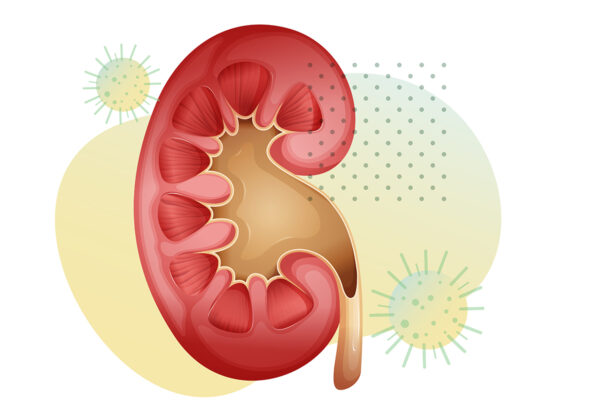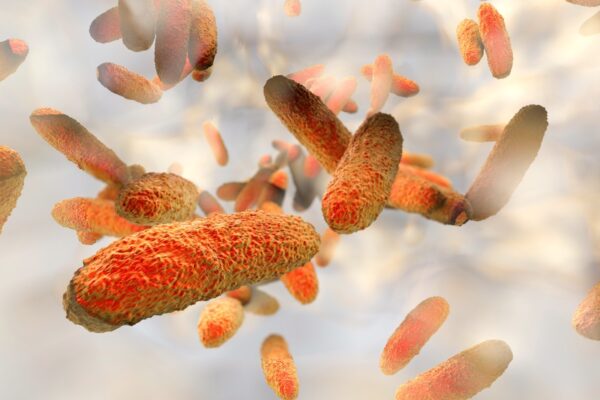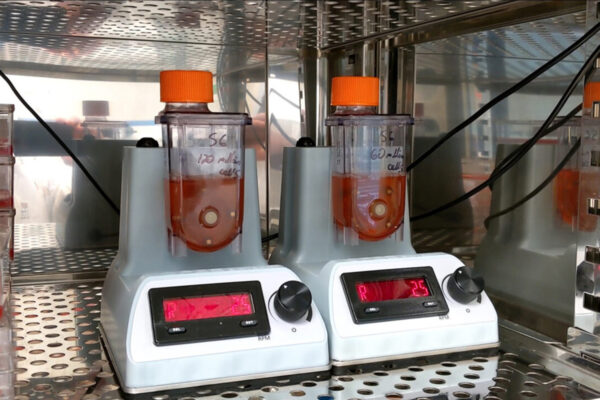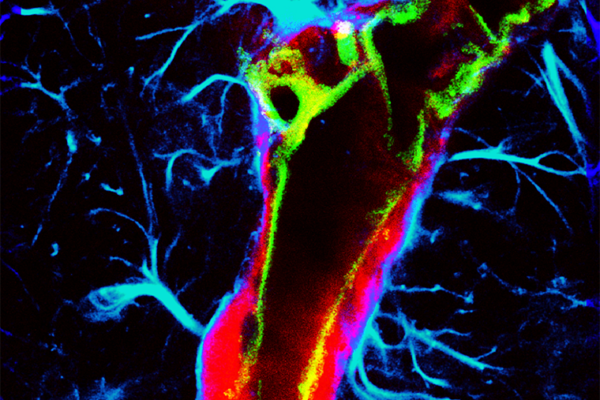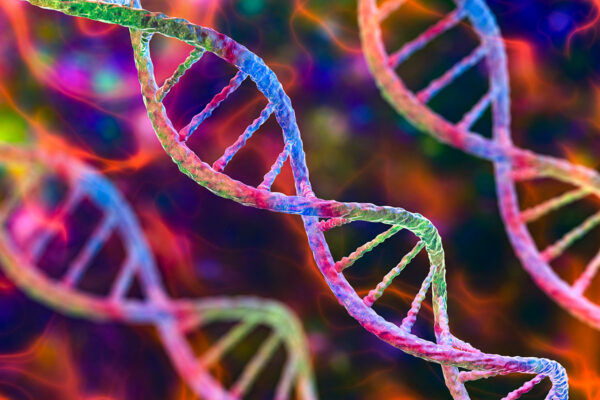Donated kidneys from deceased COVID-19 patients are safe to transplant
Kidneys from organ donors who were diagnosed with COVID-19 are safe to transplant and don’t transmit the virus to people who receive those organs, according to a new study led by researchers at the School of Medicine.
Preterm births could be predicted at around 31 weeks
Researchers at the McKelvey School of Engineering are developing better ways to predict preterm birth by analyzing electrical activity during pregnancy. Arye Nehorai’s lab uses electrical activity and deep learning to make predictions.
Induction of a torpor-like state with ultrasound
Some mammals and birds have a clever way to preserve energy and heat by going into torpor, during which their body temperature and metabolic rate drop. Researchers at Washington University in St. Louis safely and noninvasively induced a torpor-like state in mice and rats by using ultrasound to stimulate the hypothalamus preoptic area in the brain.
Research in mice offers clues for vaccinating against deadly bacteria
A mouse study at Washington University School of Medicine points to data that could be key to developing an effective vaccine for the bacterium Klebsiella pneumoniae. The bug is often resistant to antibiotics, making it difficult to treat in some.
Findings may lead to improved insulin-secreting cells derived from stem cells
Diabetes researchers at the School of Medicine have learned why islet beta cells produced from stem cells may not be as good at making insulin in response to blood sugar. The findings could improve treatment for those with insulin-dependent diabetes.
Insight into brain’s waste clearing system may shed light on brain diseases
Researchers at the McKelvey School of Engineering discovered how to use focused ultrasound with microbubbles to examine the glymphatic system. Impairments in this system may contribute to brain diseases, such as neurodegenerative diseases and stroke.
WashU team receives NSF Engines Development Award
A team led by Washington University in St. Louis has been awarded $1 million over two years from the National Science Foundation’s Regional Innovation Engines program to help advance neuroscience technologies.
WashU Medicine joins national effort to ID genetic differences within the body
The School of Medicine has received two grants totaling $22.5 million to help lead national efforts to understand how DNA changes create differences in genomes across tissues within the same person.
Detailed human pangenome reference captures human diversity
Researchers have published a new set of reference human genome sequences that reveals far more genomic diversity from different populations of people than was available previously. The School of Medicine serves as the national coordinating center for the program, called the Human Pangenome Reference Consortium.
Class Acts: Alexandra Zdonczyk
Ophthalmology and health-equity advocacy have uncovered a third passion for Alexandra Zdonczyk: St. Louis. In July, Zdonczyk will begin her residency in ophthalmology at Barnes-Jewish Hospital.
Older Stories
